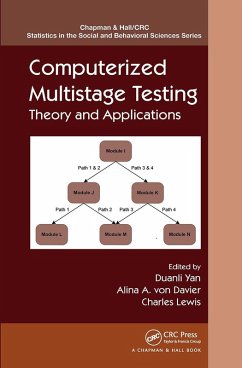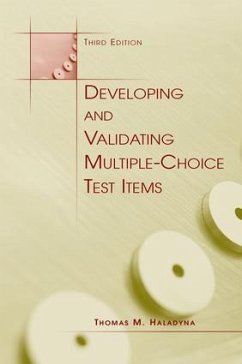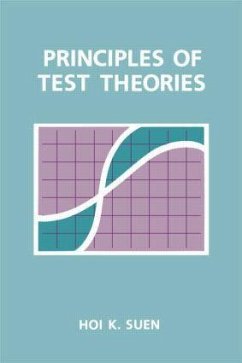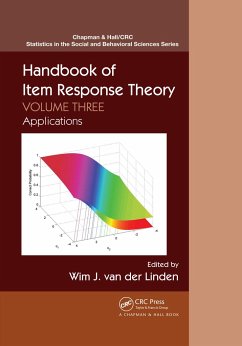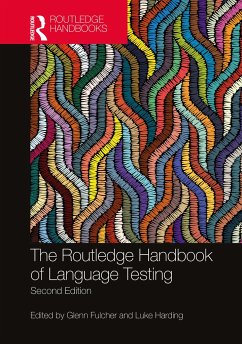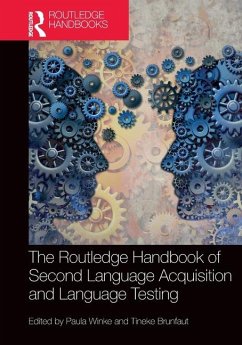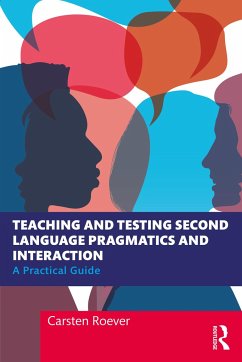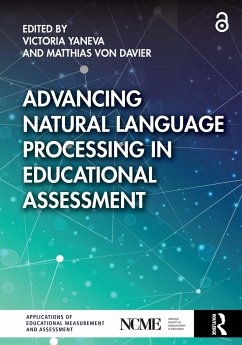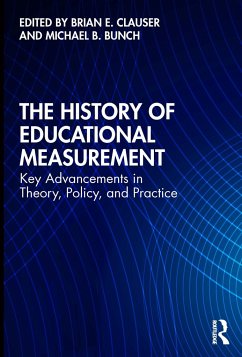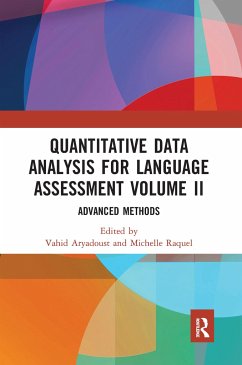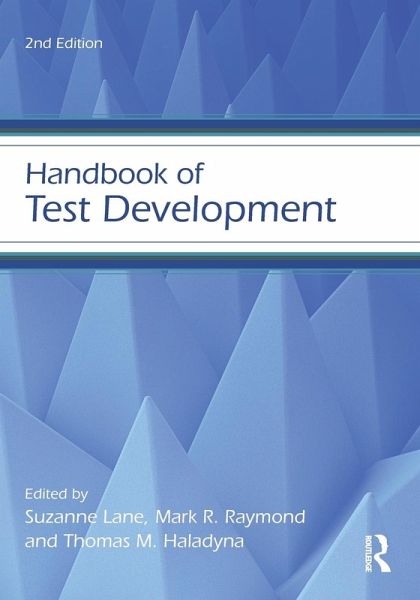
Handbook of Test Development
Versandkostenfrei!
Versandfertig in 6-10 Tagen
129,99 €
inkl. MwSt.

PAYBACK Punkte
65 °P sammeln!
The second edition of the Handbook of Test Development provides graduate students and professionals with an up-to-date, research-oriented guide to the latest developments in the field. Including thirty-two chapters by well-known scholars and practitioners, it is divided into five sections, covering the foundations of test development, content definition, item development, test design and form assembly, and the processes of test administration, documentation, and evaluation. Keenly aware of developments in the field since the publication of the first edition, including changes in technology, th...
The second edition of the Handbook of Test Development provides graduate students and professionals with an up-to-date, research-oriented guide to the latest developments in the field. Including thirty-two chapters by well-known scholars and practitioners, it is divided into five sections, covering the foundations of test development, content definition, item development, test design and form assembly, and the processes of test administration, documentation, and evaluation. Keenly aware of developments in the field since the publication of the first edition, including changes in technology, the evolution of psychometric theory, and the increased demands for effective tests via educational policy, the editors of this edition include new chapters on assessing noncognitive skills, measuring growth and learning progressions, automated item generation and test assembly, and computerized scoring of constructed responses. The volume also includes expanded coverage of performance testing, validity, fairness, and numerous other topics.
Edited by Suzanne Lane, Mark R. Raymond, and Thomas M. Haladyna, The Handbook of Test Development, 2nd edition, is based on the revised Standards for Educational and Psychological Testing, and is appropriate for graduate courses and seminars that deal with test development and usage, professional testing services and credentialing agencies, state and local boards of education, and academic libraries serving these groups.
Edited by Suzanne Lane, Mark R. Raymond, and Thomas M. Haladyna, The Handbook of Test Development, 2nd edition, is based on the revised Standards for Educational and Psychological Testing, and is appropriate for graduate courses and seminars that deal with test development and usage, professional testing services and credentialing agencies, state and local boards of education, and academic libraries serving these groups.





